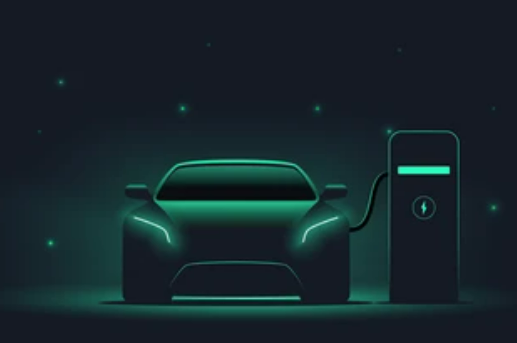
Charlie Brooks
Oct 28, 2022 15:02

Thursday, the European Union struck an agreement on a policy that will effectively restrict the sale of new gasoline and diesel vehicles by 2035. The purpose is to accelerate the transition to electric vehicles and tackle climate change.
EU negotiators, the European Parliament, which must approve new EU legislation, and the European Commission, which crafts new laws, agreed that carmakers must achieve a 100% reduction in CO2 emissions by 2035, making it illegal to sell new vehicles fueled by fossil fuels in the 27-nation bloc.
"This deal is fantastic news for motorists... new zero-emission vehicles will become more affordable and accessible to all," said Jan Huitema, the European Parliament's chief negotiator.
According to EU climate policy chief Frans Timmermans, the agreement sends a strong signal to industry and consumers. "Europe is embracing the shift to zero-emission mobility," he remarked.
The agreement also stipulated a 55% reduction in CO2 emissions for new cars sold after 2030, relative to 2021 levels, which is much higher than the current objective of a 37.5% reduction by that year.
New vans must reduce their CO2 emissions by 100 percent by 2035 and by 50 percent by 2030, comparable to 2021 levels.
In response to rising governmental pressure to decrease their carbon footprints, many manufacturers have announced investments in electrification. Volkswagen (ETR:VOWG p) CEO Thomas Schaefer said this week that, beginning in 2033, the company will produce entirely electric vehicles in Europe.
The European automobile industry organization ACEA cautioned against barring a single technology and urged internal combustion engines and hydrogen vehicles to have a role in the low-carbon transition when the EU rule was proposed in July 2021.
Thursday, negotiators reached an agreement that the EU will draft a proposal on the sale of automobiles powered by "CO2-neutral fuels" after 2035.
Prior to 2036, when they will be subject to the zero-emission obligation, small automakers producing fewer than 10,000 vehicles annually can negotiate more forgiving standards.
The rule is the first to be finalized within a bigger package of new EU regulations designed to satisfy the bloc's greenhouse gas emission reduction objectives.
Brussels needs agreements on two additional pieces of legislation from the package prior to November's United Nations climate negotiations in order to demonstrate that the union is advancing its climate objectives despite an oncoming recession and soaring energy prices.

Oct 28, 2022 14:59

Oct 31, 2022 14:23